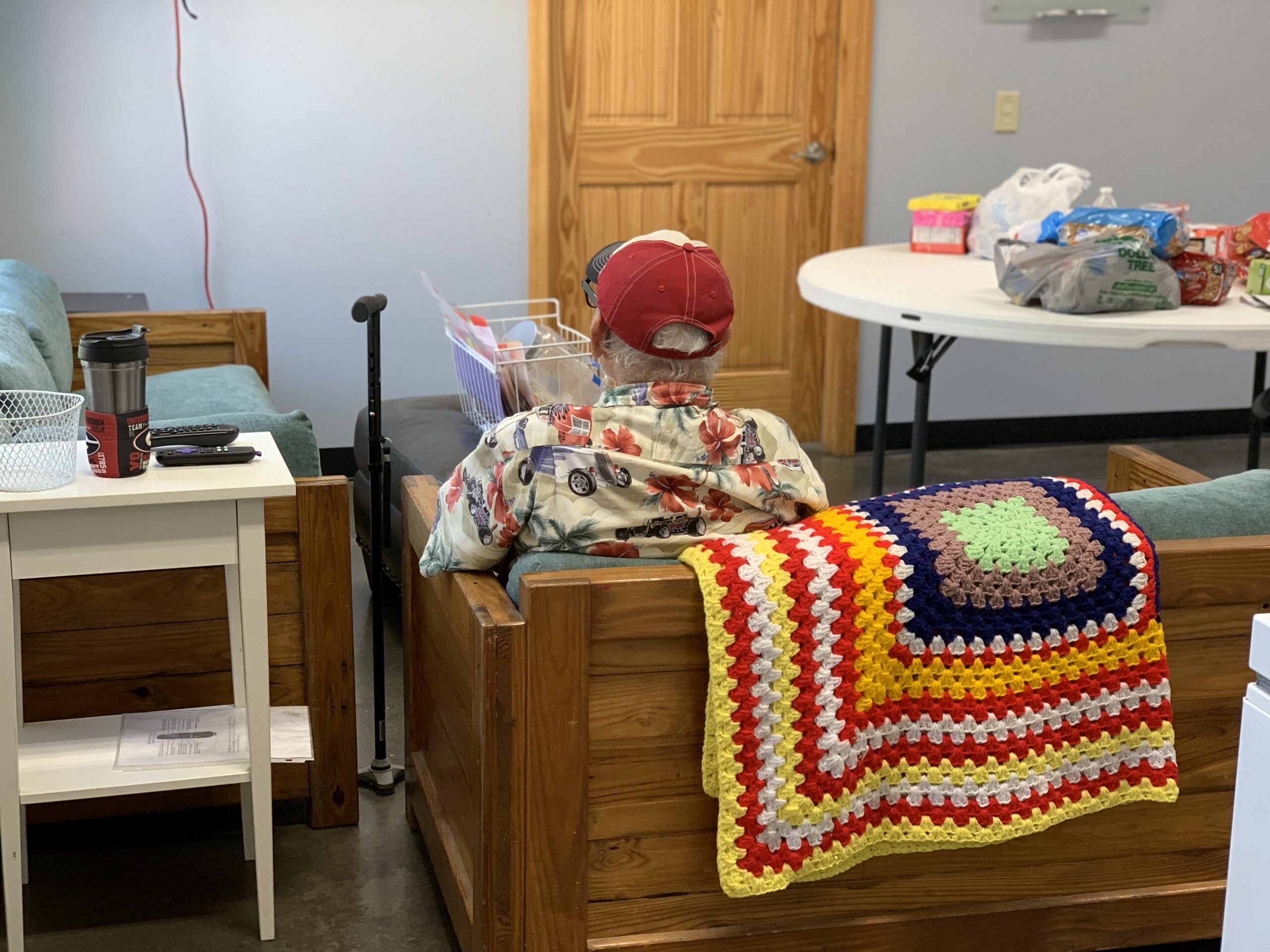At the Davies Shelters, we offer “more than a bed,” but partner with our guests in their journey towards self-sufficiency. A large part of our approach to this partnership happens in relationships between each guest and our case managers. We asked our Lead Case Manager, Alex Callahan, to lay out key principles guiding our approach to case management.
Overall, the work of case management, for me, can be broken down into two categories — assessment and intervention — with subcategories under each.
Assessment is an ongoing, dynamic process. Some “tools” I may employ are creating a sense of felt safety with me – listening in a non-judgmental way can be helpful with this. To be clear, I don’t intend to imply that I am not using my judgement as I’m listening, but rather steering clear of value judgements. I may also create a sense of urgency to help me cleave beneath the surface, “this is your 90-days..if we end up working in the wrong direction, at the cost of doing the type of work we should be doing, then it’s you who suffers in the end.”
As I am listening, I am mindful of several markers of resilience:
- “I am” (self-image): most importantly who does this person think they are;
- “I can” (self-efficacy) – how has this person’s efforts toward goal accomplishment gone in the past … are they generally successful or not;
- “I have” (resources) who is this person working with, what social service agencies are they aware of, who should they also be connected with.
I want to work with both strengths and weaknesses – how can we leverage what’s worked well for them and how can we bolster the areas that have been lacking?
As a part of the ongoing dynamic assessment process, I am always using my best judgement to determine what is within a person’s grasp and what’s outside their reach. I want to facilitate the conditions (carrot or stick) that precipitate a person reaching for the things that are within their grasp. Also, I want to advocate to others on behalf of our guest for the things that are outside of their reach. We can only become self-sufficient (or anything else for that matter) by practicing self-sufficiency.
Furthermore, I only serve to destroy someone’s self-efficacy (one of those key markers of resilience – I Can) by doing things for them that they could do for themselves or by requiring they do something that’s far beyond their reach. I am fond of saying I have unlimited patience for “can’t” and zero patience for “won’t”.
Intervention is a more difficult process to nail down, but in a word, (in terms of demeanor) I’d like to be exceptional … as often as I am able. When I say exceptional, I don’t mean top 10% – I mean the exception to their norm.
For example, if I get the sense that this person feels overlooked and unappreciated, then I’d like to do the opposite – see this person and prize them for who they are (not necessarily what they do or have done). If I get the sense that this person has hustled everyone they’ve encountered, then I’d like to shut that down as quickly as possible – be frank/upfront make this person aware that their game will not work with me.
Further, when possible, I am a fan of the “Swiss Cheese” model of intervention. Like a piece of Swiss Cheese, the services I am able to provide a client cover-up some problematic areas and have holes that allow the problems to continue. Like a block of Swiss Cheese, however, if we can stack enough single pieces together – i.e. financial support, medical assistance, substance misuse support, peer support, mental health support, foster a sense of community and so on, then together we can plug up all the holes.
It is necessary to discover and categorize the needs of the person according to level of urgency. This person’s most immediate needs and what processes take the longest are prioritized. Additionally, knowing the “order of operations” helps in triaging a case plan. i.e. medical/mental health needs, legal needs, substance misuse needs, etc. are a priority – we need to address those issues first. Second, process that are time consuming like applying for the housing authority, disability benefits, etc. are a priority. Third, knowledge of the “order of operations” helps triage a case plan. EX: I need a social security card and birth certificate to get a state id – in this case we start with what’s foundational and work our way up. All the while we are assessing and reassessing our triage plan as things come up … in other words, life happens while we are busy planning for it. So, the plan should be a helpful guide, not a shackle.

